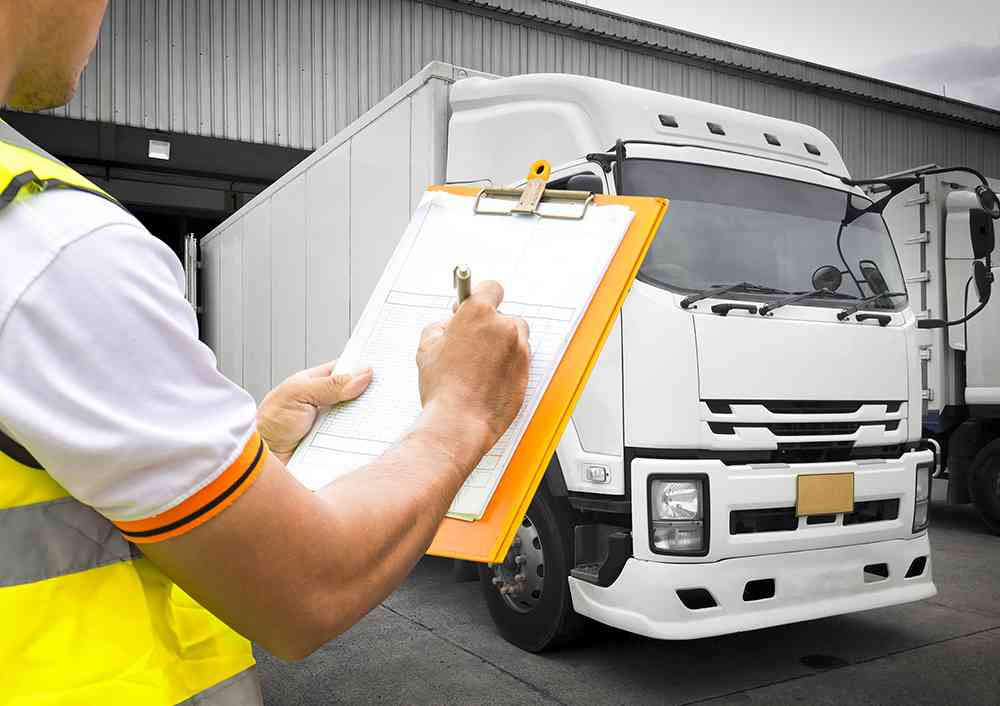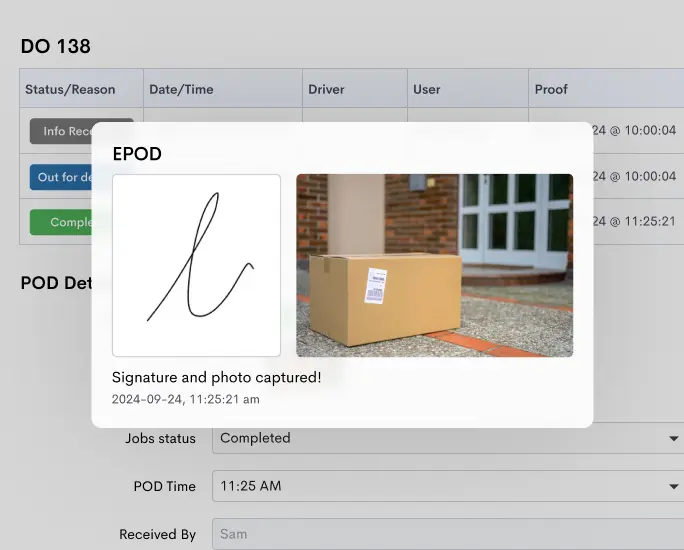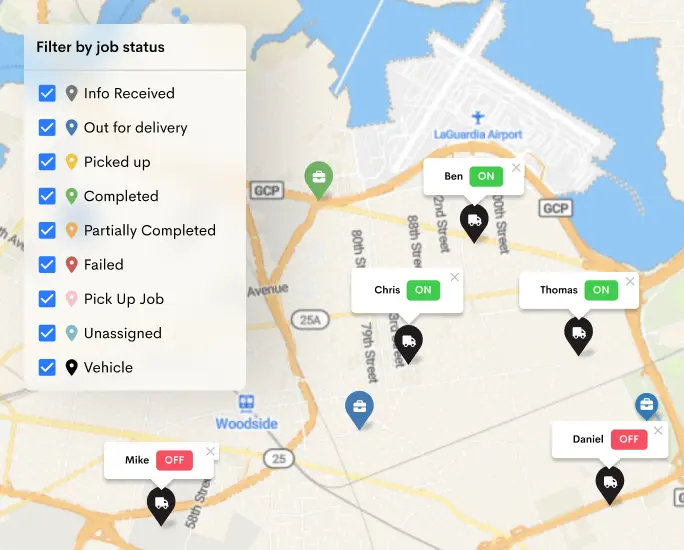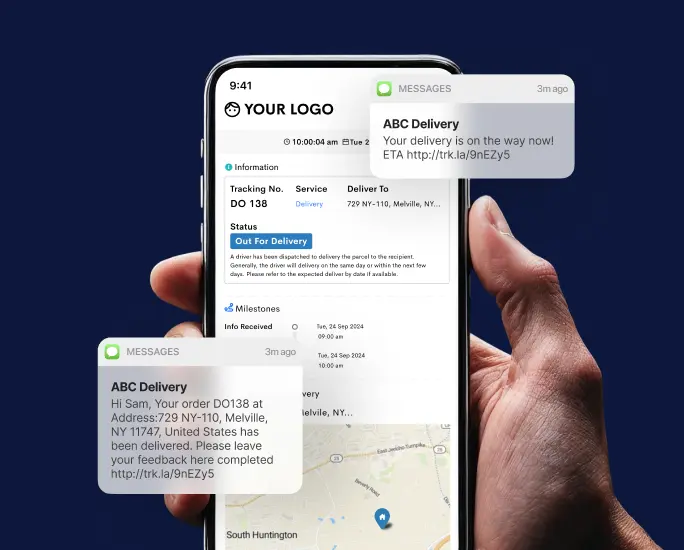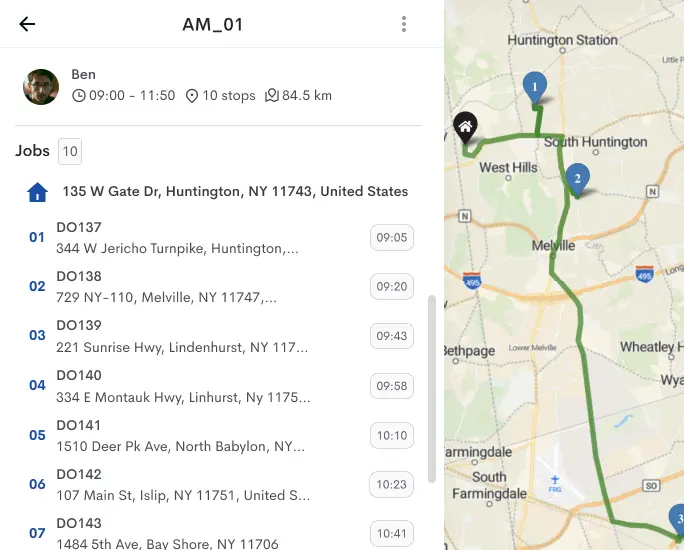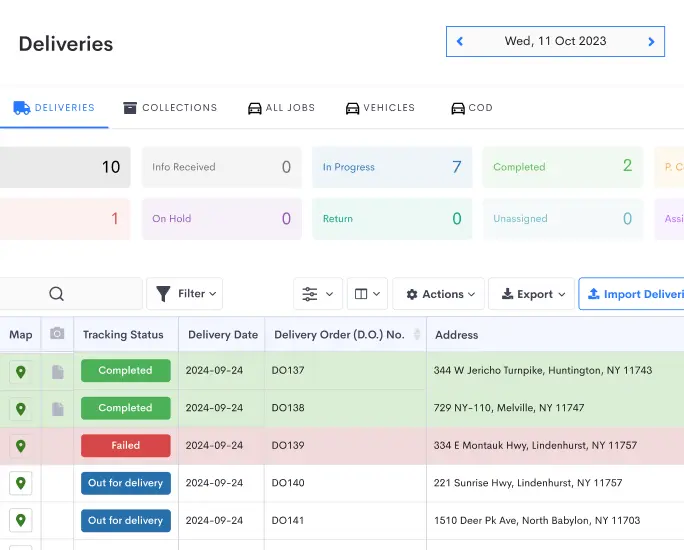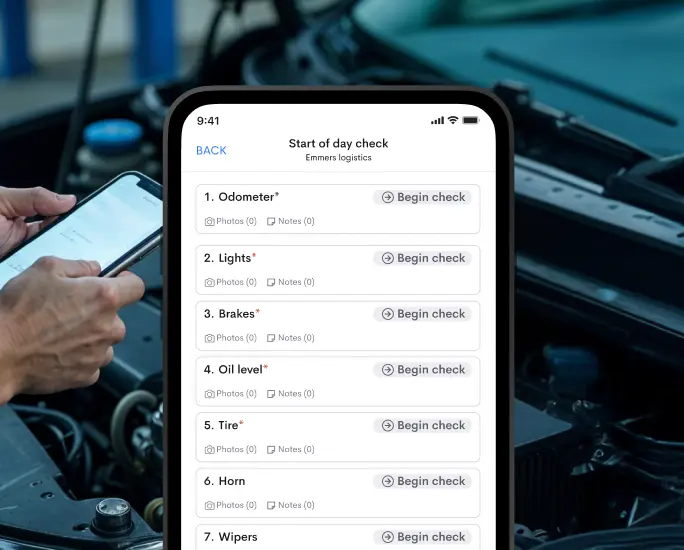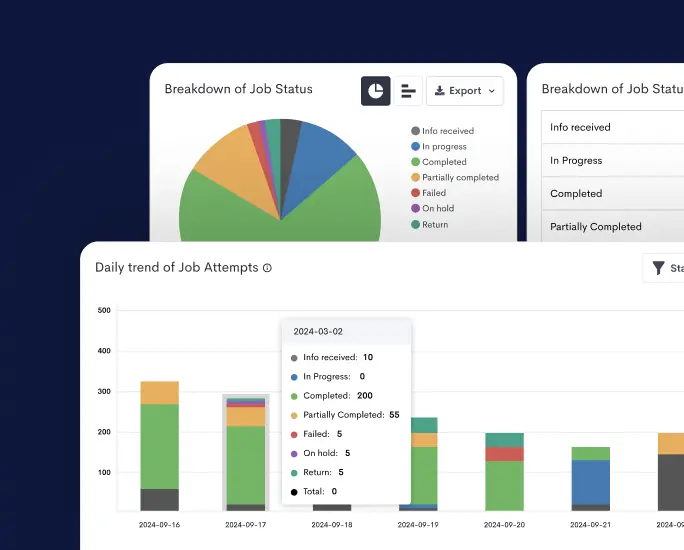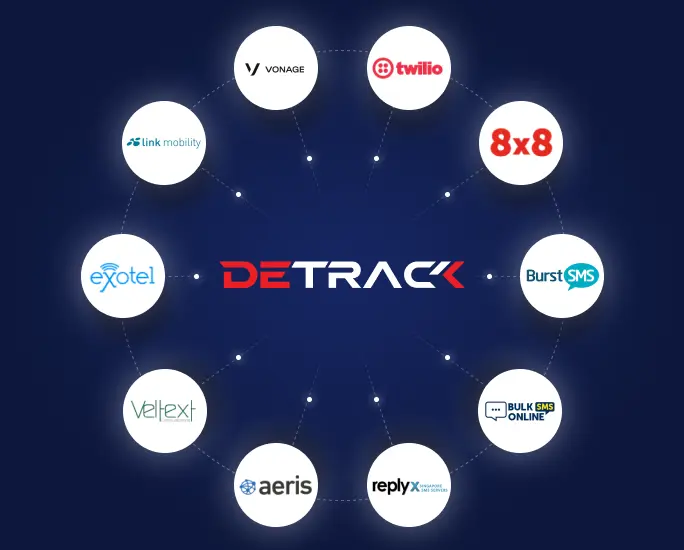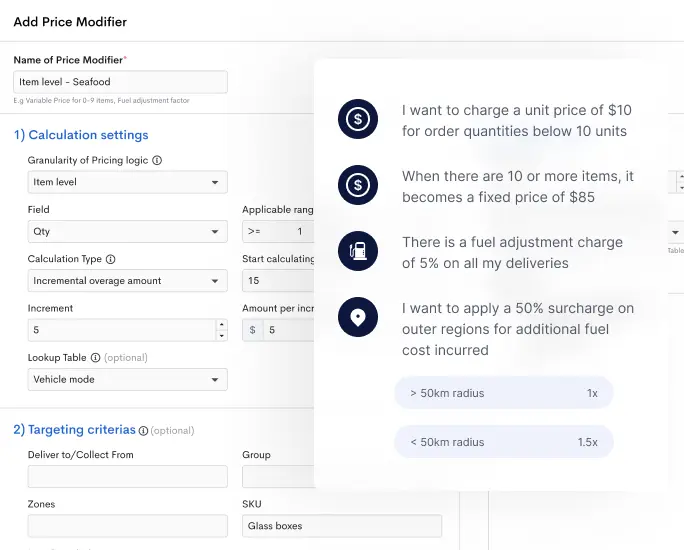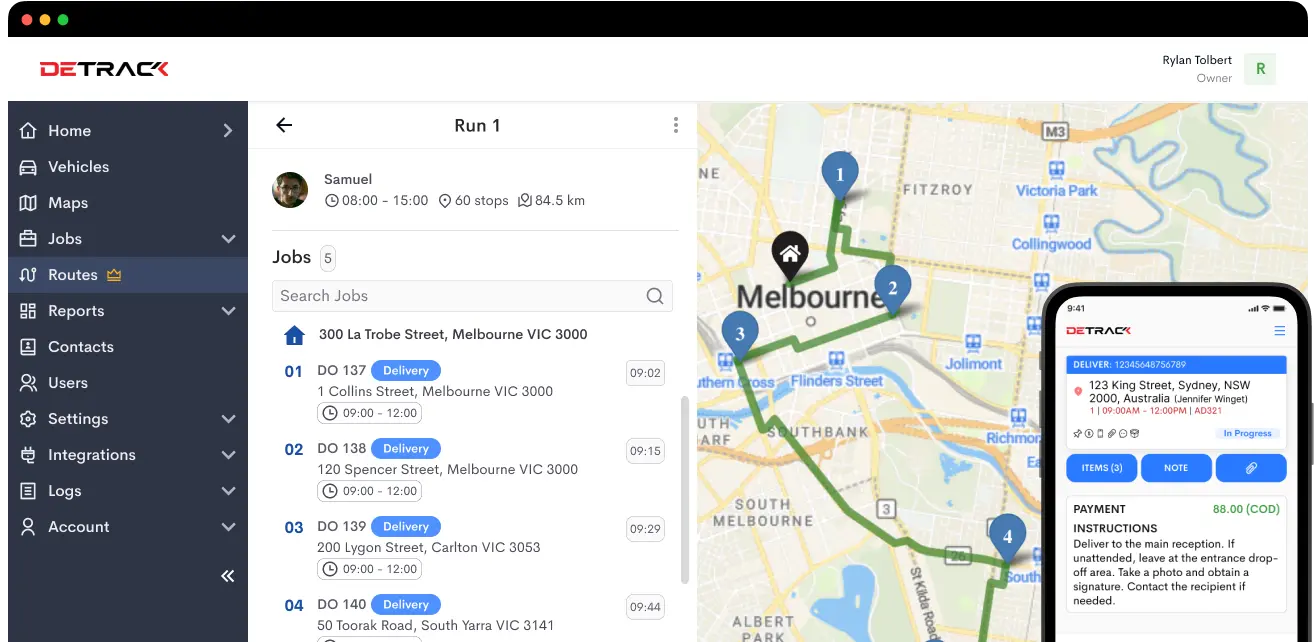Have you been wondering, “what is fleet management, and how can it be utilized in my operations?”
Fleet management is essential for businesses with multiple vehicles. The importance of having a fleet manager and fleet management system in place is to protect your assets. There is more to maintaining a fleet than keeping up with oil changes. It’s about protecting your investment and the longevity of the vehicles.
Everyone plays a role in caring for company equipment. When your drivers know you’re invested in managing your fleet of vehicles, they will take better care of the cars and trucks. The right software can assist employees in the proper use of vehicles.
Keep reading to learn the important facts about fleet management systems and how they can benefit your company.
What Is Fleet Management?

So, what is fleet management? In its simplest term, fleet management is a vehicle tracking system that includes both logistics and dispatch software to maintain a fleet of vehicles. A company can experience a significant setback if one vehicle is out of commission, and problems will be compounded if vehicles are not properly maintained.
Every vehicle has a life expectancy. Whether you want to replace your fleet every five years or keep the vehicles for ten years, how they are maintained affects your bottom line.
The fleet management information at your disposal is only as good as your overall fleet operations plan. It is a concerted effort that requires commitment from all team members.
Fleet maintenance encompasses a lot of concepts. Let’s look at a few of them.
The Different Types of Fleet Management
Fleet management works in different ways. There are multiple maintenance strategies your company can benefit from to keep vehicles running smoothly. Each has a specific role, and together they create a well-rounded plan for your company.
Condition Based Maintenance (CBM)
Vehicles today come with sensors and multiple computer-generated reports. The data from these reports will assist your fleet manager in scheduling service checks to ensure fleet efficiency. CBM also allows the company to determine when vehicles should be replaced.
In addition, this type of maintenance can also identify driver behavior. For example, if a truck is consistently idling for long periods, it will be flagged. The data collected from these sensors help with both short-term and long-term planning for your fleet performance and fleet efficiency.
Predictive Maintenance (PdM)
When we purchase a vehicle, it comes with an owner’s manual and a recommended maintenance schedule. PdM is the practice of actively following the manufacturer’s recommendations for service.
Too often, vehicles are driven beyond the recommended service schedule. Over time, issues with the vehicle’s performance can begin to appear. Had the recommended schedule been followed, repairs could be eliminated or significantly reduced, and fleet efficiency could be increased.
Preventive maintenance
Preventive maintenance (PM) relies heavily on the drivers of your fleet. The importance of vehicle tracking systems is to prevent total failure and reduce downtime.
The first step is to create a reporting system and encourage drivers to report issues with the vehicle, such as vibrating tires and when sensor lights come on at the wrong time.
Your reporting system could include a daily checklist that’s turned in at the end of each day.
Reactive Maintenance (RM)
RM is self-explanatory. It means your maintenance is in reaction to a breakdown or system failure. These include things like broken hoses, tire blowouts, or the AC no longer cooling.
The driver should be aware of differences in how the vehicle is running. Things like checking tires when the truck is returned to the lot can catch worn tires, nails, and cracking. Typically, these types of failures have warning signs that something is wrong.
If the brakes are squealing when the driver stops, it can signify that the pads are worn.
Reliability Centered Maintenance (RCM)
With RCM, businesses consider all the above and create an internal maintenance schedule and policy. The business knows best how their vehicles are used.
The right fleet management software can help create a schedule and system of reporting to help you keep a viable maintenance schedule.
Hiring a Fleet Manager
Companies with only a few vehicles may handle their fleet management duties by relying on drivers to take extra care of them. You can contract with a local garage or use the services of the local dealership.
For larger fleets, hiring a fleet manager is a sound investment. This role has several functions.
Your fleet manager understands info on fleet management logistics and how they apply to the business. Logistics includes planning routes for drivers and planning the best times for routine maintenance.
The fleet manager is also assigned the task of ensuring drivers are current with licenses and certifications. They check for traffic violations and coordinate training for drivers.
When hiring a fleet manager, it is essential to find someone with an automotive background. Experience in fleet management software is also a plus.
Understanding Performance Standards
Fleet management works to help your team create performance standards and understand how they impact your bottom line. These standards set goals for drivers to remain in compliance with licensing and help them understand their role when it comes to vehicle maintenance.
The business can start to offer additional fleet training and implement new tools to ensure the safety and longevity of vehicles.
Identifying Failures
Although we’ve focused mainly on the positive aspects of fleet management in logistics and planning, there is another side. Fleet maintenance information also detects failures which can be in your fleet or your management of the fleet.
Of course, if there are mechanical failures, you want to take those vehicles out of commission until they are repaired or replaced. How you approach the subject directly correlates to your operation’s effectiveness in managing your fleet.
Identifying failures should always be seen as an opportunity to improve your business to become more efficient.
Achieving the Best Return on Investment
In the long run, your return on investment is the most significant way to measure a new process. Do your research to see which fleet maintenance software is best for your company.
The size of your fleet will determine overall what is fleet management to your operations, and what benefits it brings.
Fleet Management is Easier with Detrack
We hope this post has helped you understand what fleet management is in a business context and how it can be helpful to your organization. As you can see, there are many software options available to help with the day-to-day management of your fleet.
When looking for a truck fleet management solution, consider the needs of your business. Does the software integrate with your current accounting and scheduling software? What reports does it generate, and can you customize those reports?
Test out a few different options to see which one is the best fit for your business. When you find the right solution, you’ll be on your way to improving your fleet’s efficiency and saving money.
So, sign up for an account today to try the benefits of Detrack, including live tracking of all your deliveries, automated notifications at various milestones, and our award-winning electronic proof of deliveries (E-PODs), among many other features that would boost your fleet management.
